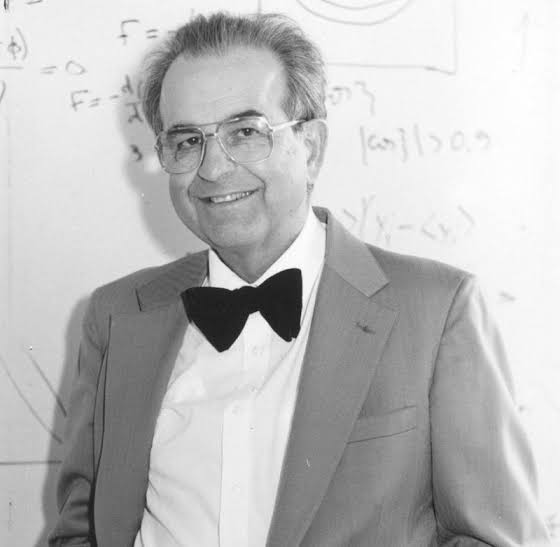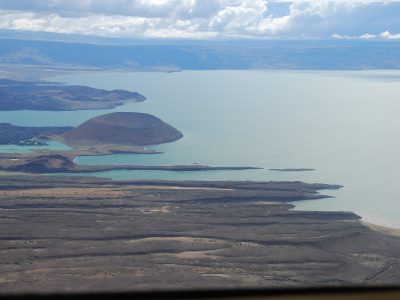The College of Engineering and Computer Science (ECS) noted the passing of chemical engineering alumnus Andreas Acrivos ’50, on Feb. 17, 2025. Acrivos was recognized by the American Institute of Physics as one of the greatest fluid dynamicists of the 20th century and was a leading figure in the chemical engineering field.nnBorn in Greece, he came to the U.S. to study at the University on a fellowship and received a bachelor’s degree in chemical engineering in 1950. He earned a Ph.D. degree from the University of Minnesota in 1954 and began his academic career as a faculty member in chemical engineering at the University of California, Berkeley, shortly after.nnIn 1962, he moved to the newly formed chemical engineering department at Stanford University and played a major role in bringing the chemical engineering program to national prominence. In 1986, Acrivos became the Albert Einstein Professor of Science and Engineering and the director of the Benjamin Levich Institute for Physico-Chemical Hydrodynamics at the City College of New York, where he worked until his retirement in 2001.nnAcrivos won numerous awards and recognitions for his research. He was a member of the National Academy of Engineering, the National Academy of Sciences and the Academy of Arts and Sciences. He served as editor-in-chief of the scientific journal Physics of Fluids from 1982 to 1997. He received the National Medal of Science from President George Bush in 2002 and was awarded honorary doctor of science degrees from several universities. During his long academic career, he also mentored numerous students, many of whom distinguished themselves in academia and the industry.nn“The two-quarter course that Professor Acrivos taught at Stanford was the most memorable course I ever took in my entire education,” says biomedical and chemical engineering professor Ashok Sangani, who was one of Acrivos’ graduate advisees. “The course was so good that I have been teaching the same material at Syracuse University over the past 40 years even though there is a lot of temptation to add more. It was simply a classic!”nnAs a fitting tribute to his monumental mentorship, the American Physical Society named its annual award for the outstanding doctoral dissertation in fluid dynamics after Acrivos. Since 2014, the American Institute of Chemical Engineers has also given the Andreas Acrivos Award for Professional Progress in Chemical Engineering to individuals who have made significant contributions to chemical engineering.nnAcrivos’s enduring legacy is reflected in his stellar academic family, which spans approximately four generations of scholars teaching at various universities across the United States and the world. Additionally, he was a great support of ECS and its commitment to providing its students with transformative learning experiences. His impact will be felt for generations to come.



